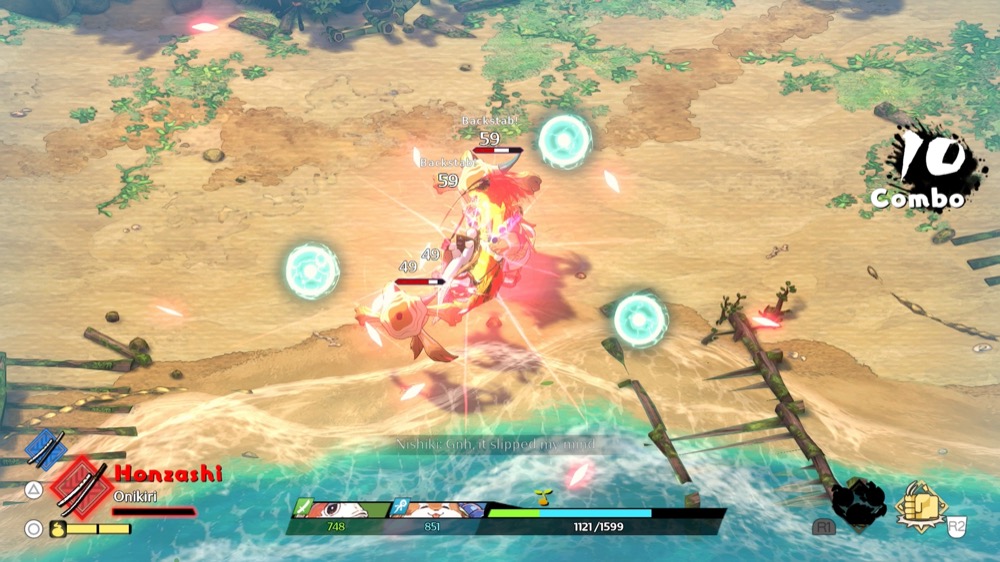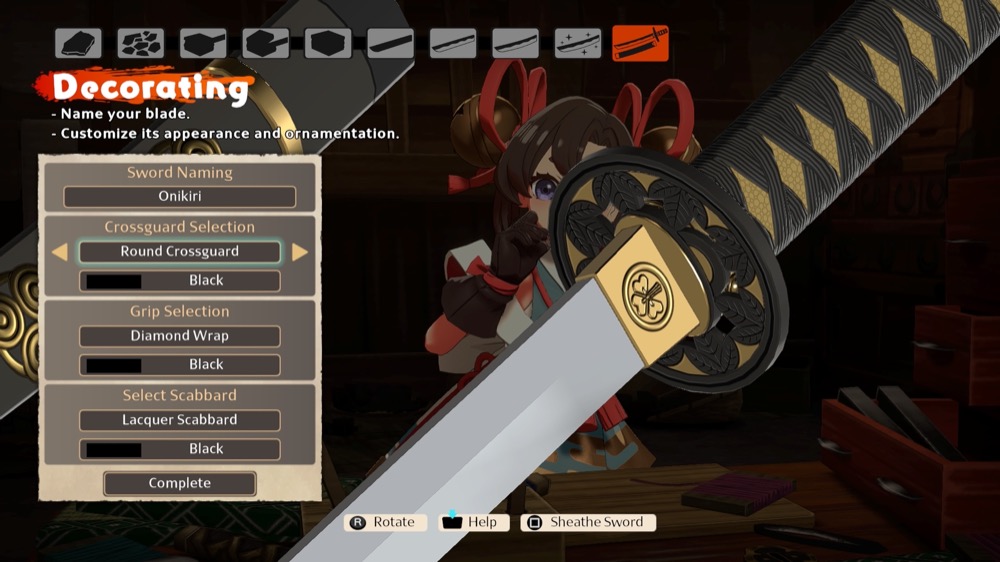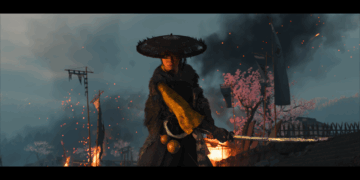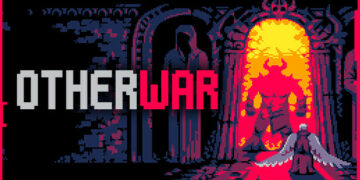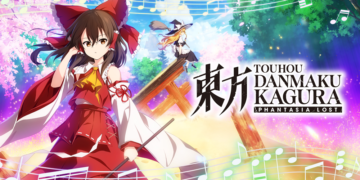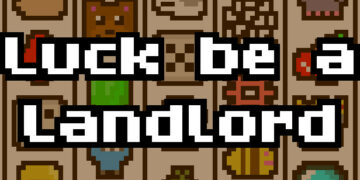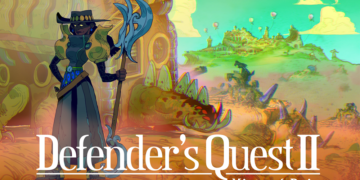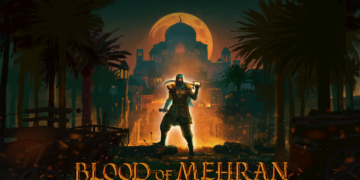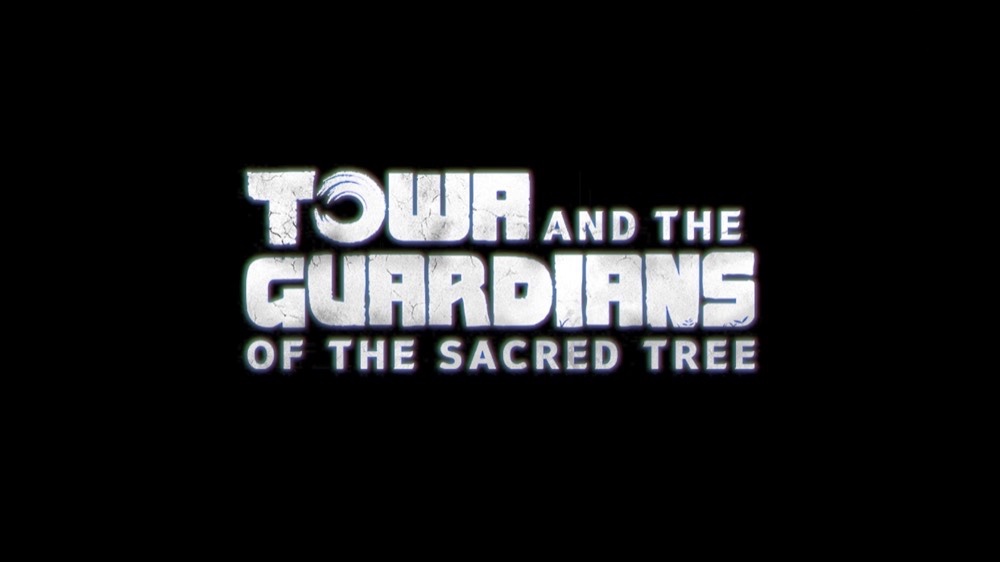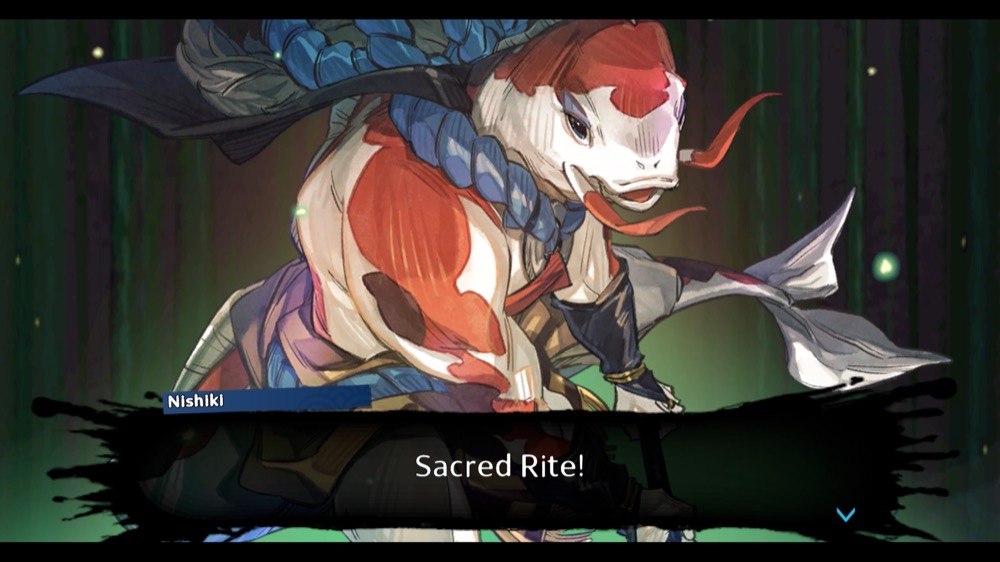Towa and the Guardians of the Sacred Tree is a roguelike action RPG that blends the structure of run-based dungeon crawlers like Hades with a Japanese sensibility and tone. Developed around the mythology of the Sacred Tree and the cyclical battle against the evil god Magatsu, it invites players into a mystic world where courage and memory intertwine across generations.
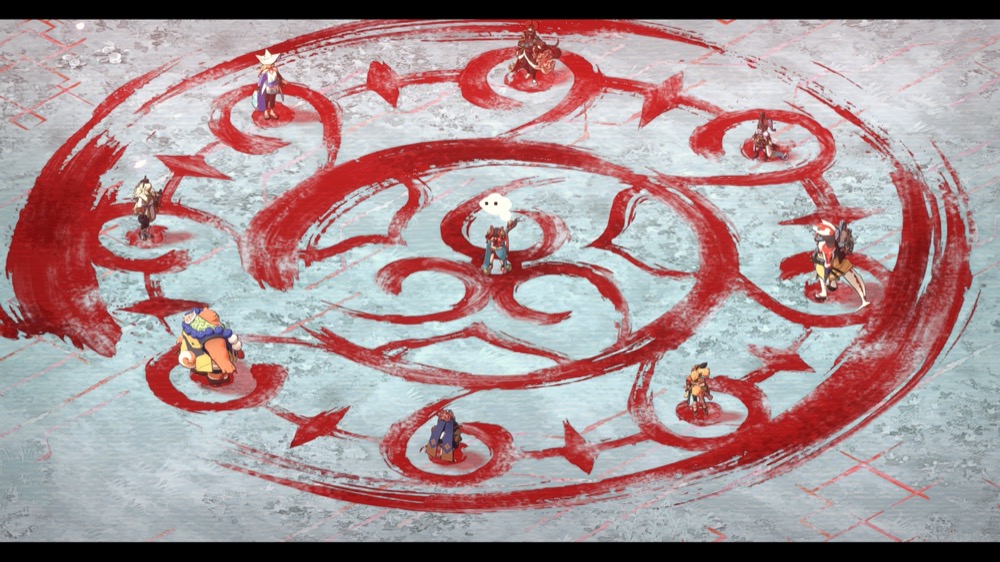
The premise centers on Towa and eight guardians known as the Prayer Children, who take turns venturing into semi-randomised dungeons corrupted by Magatsu’s influence. Each run has you select two characters: one as the sword-wielding Tsurugi and another as the staff-bearing Kagura, combining melee and ranged abilities in fluid, fast-paced combat. Each guardian brings unique fighting styles, and while the sword durability system requires occasional weapon switching, the rhythm of battle remains easy to grasp and satisfying once mastered.
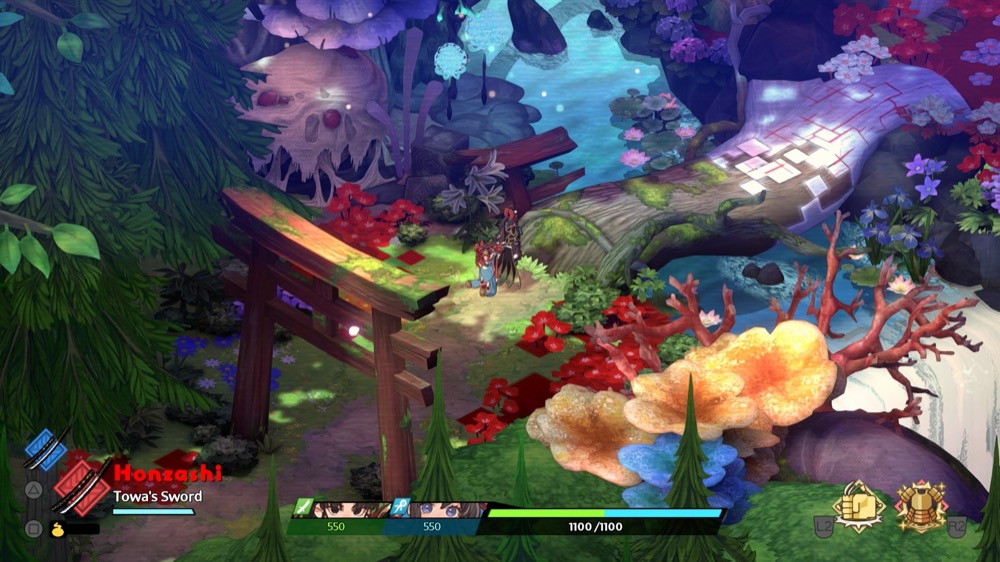
A Familiar Yet Distinct Roguelike Flow
If you’ve played Hades, Towa and the Guardians may quickly feel familiar: rooms filled with enemies to clear, dashes and special attacks, random rewards in each room, and intermissions that let you replenish your health, gain random bonuses or spend earned currency. However, the game offers its own identity through its focus on time, community, and legacy.
Between runs, players return to Shinju Village, a hub that evolves over decades as you progress. You rebuild and upgrade it, forge new swords, and interact with villagers whose stories change as the years pass. This sense of time progression grounds the game emotionally, connecting each new attempt to a larger history rather than just another “run.” Even when the narrative itself is simple, this evolving world keeps the experience feeling alive.

Charm and Frustration in Equal Measure
Visually, Towa and the Guardians is enchanting — its colourful, painterly backdrops and hand-drawn character portraits capture the spiritual tone of the setting quite nicely . The soundtrack by Hitoshi Sakimoto enhances the mystic atmosphere with traditional instrumentation and subtle orchestral flair. It’s an experience that invites calm as much as intensity, balancing vibrant combat with reflective moments in camp, hot springs or the village, where characters exchange bits of lore and deepen their relationships.

That said, the game’s charm doesn’t always carry through in its mechanics. While combat is smooth and easy to pick up, it lacks the variety that makes roguelikes endlessly replayable. Spells and Graces — the game’s upgrade system — rarely feel transformative, and many characters share similar abilities with different combinations. Likewise, the sword forging mini-game can feel punishing, as success directly affects the stats of your hard-earned weapon without the option to redo mistakes, which some may find more frustrating than fun.
Co-op Brings Fresh Energy
One of the game’s surprises is its co-op mode, which allows two players to experience runs together. This feature sets it apart from most roguelikes, introducing a welcome layer of teamwork and shared strategy. Whether dividing roles between melee and ranged or simply sharing the adventure, co-op adds replay value and softens the sting of repetition in solo play.
A Gentle Entry Point for JRPG and Roguelike Fans
Despite its flaws, Towa and the Guardians of the Sacred Tree offers an inviting, low-barrier experience for newcomers to the genre. The gradual tutorial, story and normal difficulty levels, and intuitive combat make it accessible for differently kinds of players without stripping away challenge. While seasoned roguelike fans might crave more depth in upgrades and combat diversity, the game’s visual artistry, diverse world environments, and co-op play make it a memorable, soulful journey worth experiencing.
